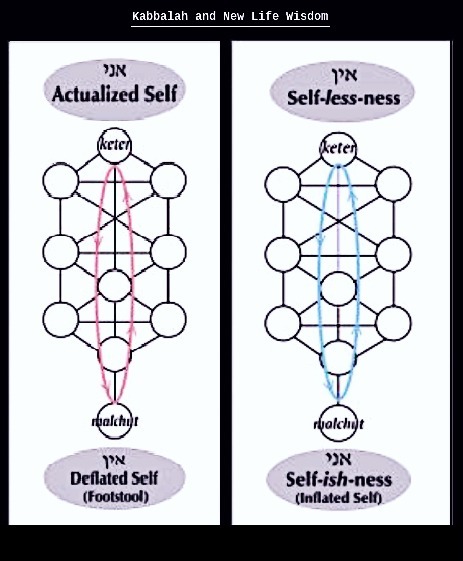Reflections from Rav Baruch Shalom HaLevi Ashlag from “The Importance of a Prayer of Many”
Sometimes, a person receives pleasure from something for which he did not pay a thing. Although it gives him much pleasure, the question still arises in him, “What is the purpose of that pleasure?” For example, a pleasure that costs no money is the pleasure of rest. There is no need to buy this pleasure, for one receives it free of charge. Still, many times a person asks himself, “What will I gain by enjoying this rest?”
But when a person experiences true delight and pleasure, the purpose of this delight never even occurs to him. And if it does happen that he should contemplate the purpose of this pleasure that he’s enjoying now, it is a sign that the pleasure he is feeling is not real pleasure, since he can still contemplate its purpose. This is a sign that there is a deficiency in that pleasure, and where there is deficiency, he can contemplate a different purpose than what he is feeling now.
When the upper one gives some abundance to the lower one, he wishes that the abundance that the lower one receives will benefit the lower one. But if the Kli [vessel] where the abundance should go is imperfect, all the bounty will go to the external ones. This is the issue with the breaking of the vessels—that the bounty went outside of Kedusha [holiness]. For this reason, the bounty is not poured out to the lower ones, and it is considered that the prayer was not accepted.
When there is a proper Kli on the part of the lower one—meaning that the prayer is the Kli that is fit for reception—it must be on the condition that the abundance will not be lost, meaning that the abundance will not go to the external ones, to the Klipot [shells]. This is why there is a correction on the Kli of Malchut [kingship] that she should transfer the bounty to the lower ones, and this correction is called, “correction of lines.”
When a person comes to purify, when he wishes for the Creator to bring him closer and give him the vessel of bestowal by which to be rewarded with Dvekut [adhesion], all the upper bounty that will be revealed will be in order to bestow. In other words, he wishes to be given strength from above to have the ability to always be in Kedusha, which is Dvekut.
Then a crown is made of his prayer, the King’s crown, since then the importance of the King is recognized. And this is the meaning of what The Zohar says, that the prayer “Becomes a crown and is placed on the head of the Righteous One who lives forever, meaning Yesod [Foundation], who imparts all the salvation to the Nukva [female], and from her to the entire public.” This is so because through the prayer, the upper abundance is given to the lower ones, at which time the delight and pleasure are revealed. This is called “a crown,” the King’s crown, the importance of the King.
| – kabbalah.info/

When one is willing to serve only HaShem alone and no other Gods and refrains from idolatrous practices, he can join Israel and will thus change his own destiny from the rulership of the stars and constellations to the personal providence of HaShem.


You have to read it over and over again and let the light of the message come into your inner world where it spreads out.